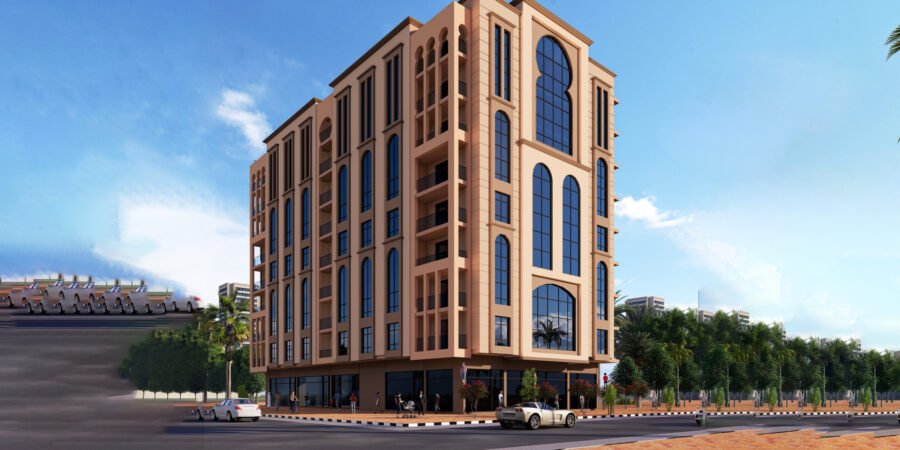
Construction Industry 2025: Smart, Sustainable, and Technology-Driven Solutions
Introduction
The construction industry has always been one of the strongest pillars of economic growth, infrastructure development, and job creation. But as we move into 2025 and beyond, the industry is entering a new era shaped by innovation, sustainability, and technology-driven efficiency. Traditional methods are being replaced or upgraded by smart construction solutions — from Building Information Modeling (BIM) and AI-driven planning to the use of sustainable building materials and real-time safety monitoring through IoT.
In this blog, we will explore the ultimate smart solutions that are transforming the construction sector and preparing it for a smarter, greener, and more resilient future.
1. The Rise of Smart Construction Technology
One of the biggest shifts in the construction industry is the adoption of digital technologies. Tools like BIM (Building Information Modeling) allow architects, engineers, and contractors to work collaboratively on one digital model, reducing errors, delays, and costs. Artificial Intelligence (AI) is also being used to predict project risks, optimize scheduling, and enhance safety measures on-site.
In addition, IoT-enabled devices and sensors now provide real-time data on equipment, worker safety, and material usage. This improves resource allocation, reduces waste, and enhances project transparency. By 2025, smart construction will no longer be optional — it will be the new standard.
2. Sustainable Building Materials and Green Practices
Sustainability is at the heart of modern construction. The demand for eco-friendly and energy-efficient designs is rising globally. Builders are adopting sustainable building materials such as recycled steel, bamboo, eco-concrete, and solar panels.
Green building certifications like LEED are becoming benchmarks for quality, ensuring that projects reduce their environmental impact while delivering long-term cost savings. Governments and private developers are also investing in energy-efficient housing and smart cities, aligning with global sustainability goals.
This transition not only helps the planet but also improves profitability for companies that adopt sustainable practices early.
3. Robotics, Automation, and 3D Printing in Construction
Technological innovation is reshaping how buildings are designed and constructed. Robotics and automated machinery are taking over repetitive, labor-intensive tasks such as bricklaying, welding, and concrete pouring, ensuring faster and safer project execution.
3D printing is another revolutionary solution. It allows entire building components — even houses — to be printed with high precision, significantly cutting down construction time and costs. By integrating robotics and 3D printing, the industry is moving toward a future where projects are delivered faster, with fewer errors, and at a lower environmental cost.
4. Smart Project Management and Digital Collaboration
Project delays and cost overruns are common challenges in construction. However, the integration of digital project management platforms is changing this. Tools powered by AI, cloud storage, and real-time analytics are improving communication among contractors, engineers, and clients.
Smart dashboards now provide instant updates on progress, budgeting, and potential risks. This level of transparency not only enhances productivity but also builds stronger trust between companies and their clients.
5. The Role of Construction in Economic Growth
Beyond technology, the construction sector remains one of the most vital contributors to any economy. It creates millions of jobs, supports local industries such as cement, steel, and wood, and contributes to infrastructure development that attracts foreign investment.
By embracing smart construction solutions, the sector can expand its impact — driving innovation, achieving sustainable development, and strengthening competitiveness in global markets.
6. Future Trends: Smart Cities and Modular Housing
Looking ahead, the industry is moving toward smart cities, where technology and sustainability work hand in hand. From energy-efficient transportation systems to digital infrastructure, construction companies will be at the core of these projects.
Modular housing is also gaining popularity. Prefabricated homes built off-site and assembled on-site can reduce costs, minimize waste, and provide faster housing solutions. This is particularly important for rapidly growing urban populations.
Conclusion
The future of construction industry lies in embracing smart solutions, sustainable practices, and digital innovation. From BIM and AI-driven planning to eco-friendly materials, robotics, and modular housing, the industry is redefining how infrastructure is built and maintained.
For businesses, governments, and communities, these changes represent an opportunity to deliver projects that are smarter, greener, and more resilient. By 2025 and beyond, companies that adopt these solutions will not only remain competitive but will also play a key role in shaping the future of our cities and economies.
follow instagram


Leave a Reply